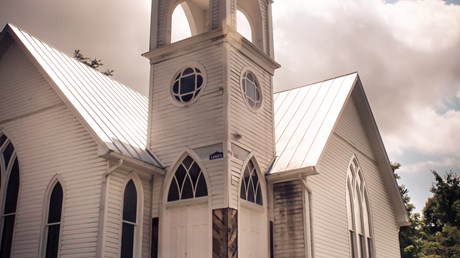Historian Justo González charts how observance of the Lord’s Day has changed over time.

I never miss the opportunity to read Justo González. The eminent Cuban American church historian has long provided a wealth of insight into the development of Christian doctrine as it has spread across the globe.
At first, I was puzzled by the title of his latest book, A Brief History of Sunday: From the New Testament to the New Creation (Eerdmans). Could 150 pages really do justice to such a massive subject? Yet the book, though small in size, packs a substantial punch, correcting a number of misconceptions long held by historians and theologians alike.
The second half of the book covers expected topics, like how the British Puritans approached the Sabbath, and how secularization has influenced Sabbath observance in modern times. But in the first half, González makes a provocative claim: that the argument for naming Sunday the Sabbath day might not be as obvious as we suppose. “Many may be surprised,” he writes, “to learn that connecting Sunday with the fourth commandment [‘Remember the Sabbath day by keeping it holy’] finds very little warrant in the early church, and that calling Sunday ‘the Sabbath’ is a relatively new phenomenon.”
The first Jewish Christians gathered after sunset on Saturday in order to break bread. With the incorporation of Gentiles, however, meetings were moved to after midnight or prior to the sunrise the next morning, since these Gentiles had work responsibilities. Moreover, for Gentiles, the week started at midnight of the seventh day anyway. But González finds that no theological reason seems to have compelled the change. As he observes, “there are very few passages that might seem to claim that the Christian Lord’s ...
from
http://www.christianitytoday.com/ct/2017/june/do-we-treat-sunday-way-earliest-christians-did.html
No comments:
Post a Comment